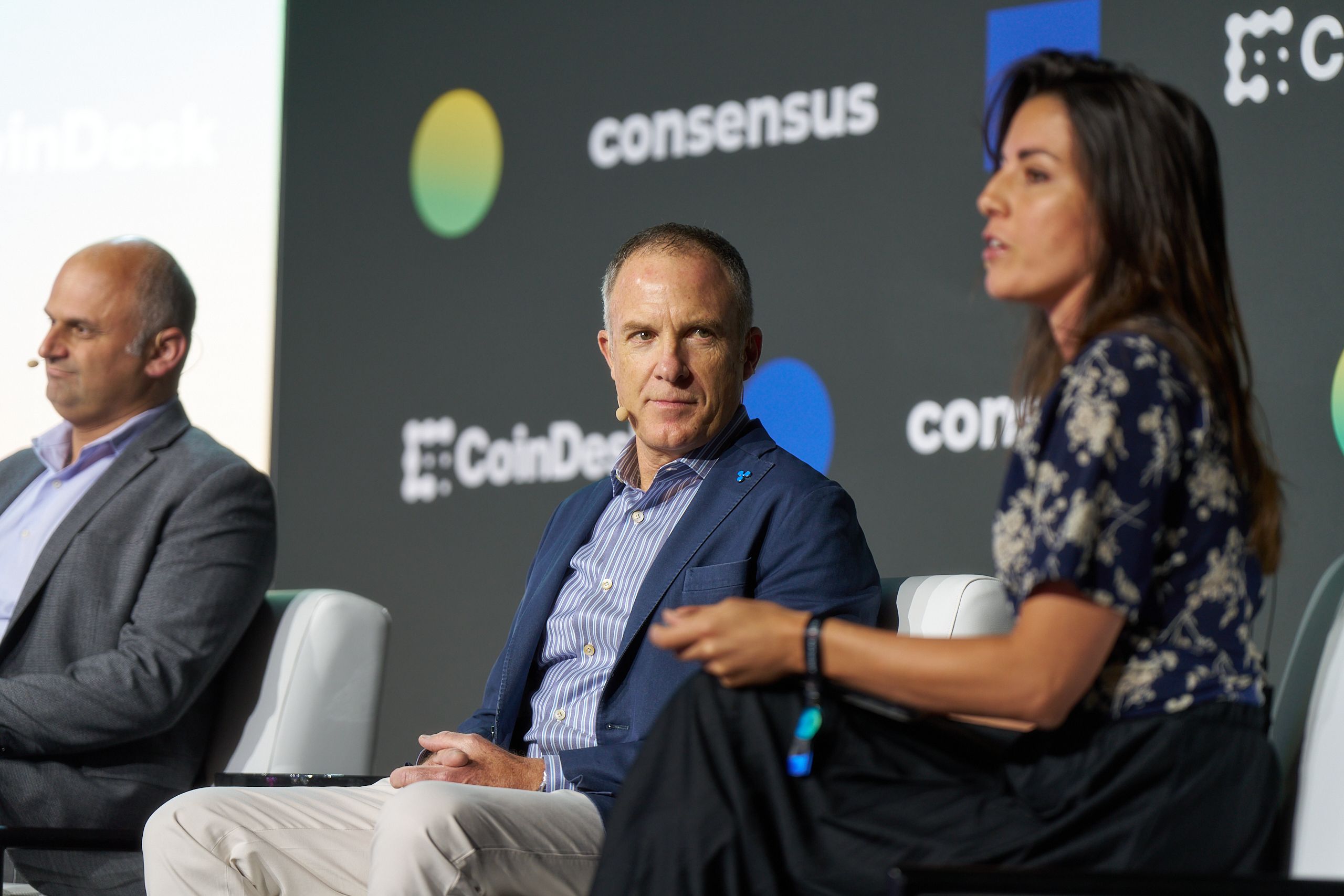
Summary
Stablecoins are evolving from mere trading tools to pivotal players in global finance, marking meaningful innovation in international payment processes, asserted Jack McDonald, Senior VP of Stablecoins at Ripple, during Consensus 2025 in Toronto.
In a panel discussion with Mark Greenberg, who leads consumer efforts at Kraken, McDonald highlighted that stablecoins present a novel and seamless method for executing USD payments. “It’s an alternative way of making a U.S. dollar payment, but doing it in a frictionless, cost-effective way,” he explained.
Key Insights:
- Stablecoins are critical in modernizing cross-border transfers by replacing outdated financial networks, according to Ripple’s McDonald and Kraken’s Greenberg.
- Future developments in stablecoins may include options that accrue interest; however, regulatory issues pose significant hurdles.
Current Trends in Stablecoins
On entering the market, Ripple introduced RLUSD, a completely backed and officially sanctioned stablecoin, to challenge existing inefficient cross-border payment systems. McDonald pointed out that the increasing adoption of stablecoins for payments was a pivotal reason for Ripple’s engagement in the sector.
Greenberg noted, “It is way too hard to move money around the world… I think we’re at a tipping point for stablecoins.”
Furthermore, Kraken is a leading participant in the Global Dollar Network, a consortium focused on issuing the USDG stablecoin. Both leaders predict yield-bearing stablecoins as the next significant leap in the industry, although they acknowledge that regulations have not yet caught up with these innovations. Greenberg mentioned, “If you’re holding deposits, you should be able to earn on those deposits.”
In the coming years, the consensus is that stablecoins will fundamentally change traditional finance. McDonald referred to Ripple’s acquisition of Hidden Road, which aims at utilizing stablecoins as security and cross-margin in financial markets, as a crucial milestone. Greenberg anticipates that stablecoins will become so integrated into the financial system that discussions around them will become as commonplace as conversations about traditional processes like SWIFT.
Read more: Stablecoins to Go Mainstream in 2025 After U.S. Regulatory Progress: Deutsche Bank



